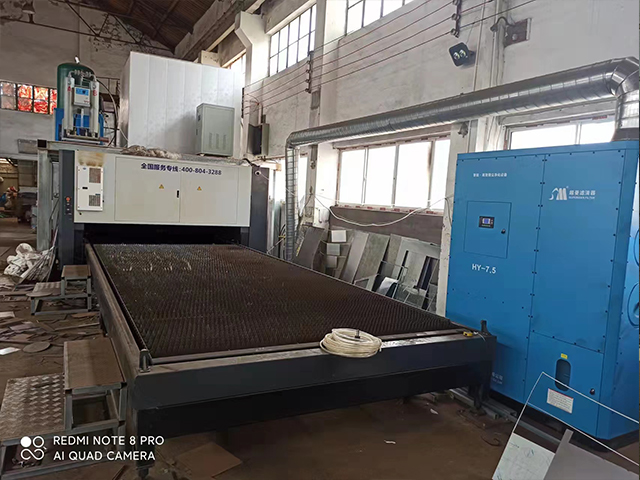What Kind of Garbage Does Dust from a Dust Collector Belong to?
The dust collected by a dust collector typically belongs to the category of solid waste. However, the specific classification of this waste depends on several factors, including its composition, quantity, and potential for recycling or disposal.
Composition of the Dust
The composition of the dust determines its classification to a certain extent. For example, if the dust contains hazardous materials such as heavy metals, chemicals, or radioactive substances, it may be classified as hazardous waste. On the other hand, if the dust is primarily composed of inert materials like sand, dirt, or dust from woodworking or metalworking, it may be considered non-hazardous solid waste.

Quantity and Disposal Options
The quantity of dust collected and the available disposal options also influence its classification. If large quantities of dust are generated, it may be more economical and environmentally sound to recycle or reuse the material, rather than disposing of it as waste. This could involve separating different types of dust for recycling or using it as a raw material in other processes.
Environmental Regulations
Environmental regulations in your area may also determine the classification of dust from a dust collector. Different jurisdictions have different standards and requirements for waste management, including the classification of solid waste. It's important to consult with local authorities or waste management experts to ensure that you are complying with all relevant regulations.
Responsible Waste Management
Regardless of its specific classification, dust from a dust collector should be managed responsibly to minimize its impact on the environment. This includes proper storage, handling, and disposal of the waste to prevent contamination and protect human health and the environment.
In summary, the classification of dust from a dust collector depends on its composition, quantity, and potential for recycling or disposal. It's important to consult with local authorities or waste management experts to ensure that you are complying with all relevant regulations and managing the waste responsibly.